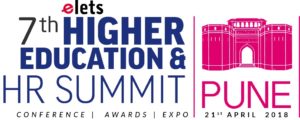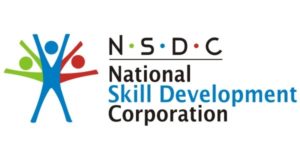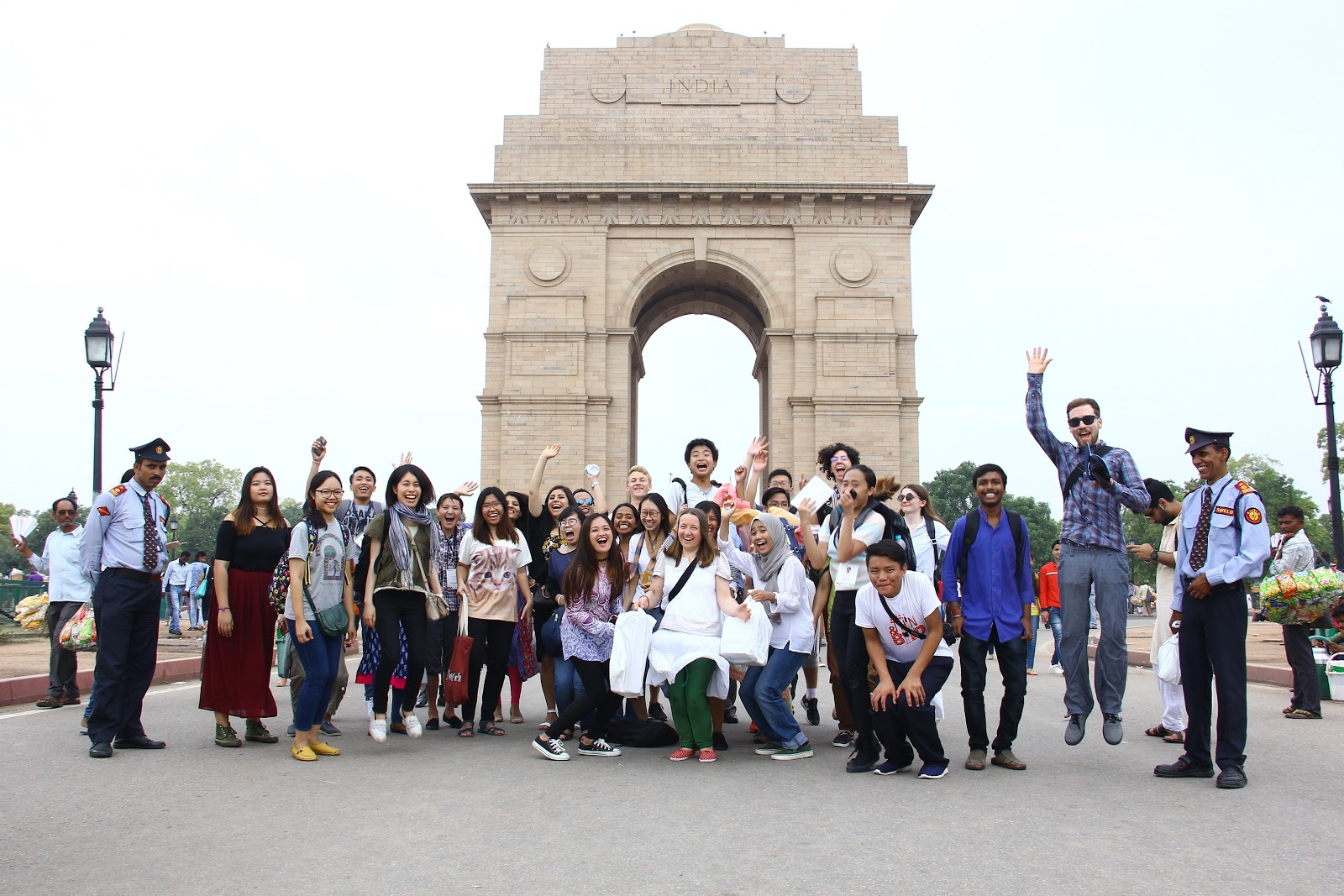Top-notch edu-leaders, policymakers, and stakeholders from the industry are all set to gather during the Higher Education and Human Resource (HE and HR) Conclave on Saturday to be held in Pune, Maharashtra.
The day-long conference is meant to foster partnership between academia and industry bridging the gap between the two.
 With Rashtriya Uchchatar Shiksha Abhiyan (RUSA) as host partner and the All India Council for Technical Education (AICTE) as supporting partner, the conclave is going to be organised by Elets Technomedia Pvt Ltd, the premier technology and media research organisation.
With Rashtriya Uchchatar Shiksha Abhiyan (RUSA) as host partner and the All India Council for Technical Education (AICTE) as supporting partner, the conclave is going to be organised by Elets Technomedia Pvt Ltd, the premier technology and media research organisation.
The summit is supposed to showcase the best Higher Education and HR practices from across India to boost employability among students.
To be inaugurated by Meeta Rajivlochan, Principal Secretary and State Project Director, State Project Directorate – RUSA, Government of Maharashtra, the conclave will also witness deliberations from Sitaram Kunte, Principal Secretary, Higher & Technical Education, Government of Maharashtra; E Ravendiran, Commissioner, Skill Development, Government of Maharashtra; Nidhi Choudhary, Deputy Municipal Commissioner, Brihanmumbai Municipal Corporation, Government of Maharashtra; Dr Manpreet Singh Manna, Director, All India Council for Technical Education (AICTE) among others.
Also, there will be panel discussions on various current challenges with expectations to enhance innovation and entrepreneurship among higher education students.
There will be an exclusive panel discussion consisting HR managers with topic: Importance of Skilling Educators, Ensuring Employability to Youth: Opportunity lies in Challenges.
During the conclave, top universities, B-schools and engineering colleges ranked by digitalLEARNING magazine will be felicitated. HR leaders for adopting or innovating the new policies or practices for boosting employability will also be felicitated during the conference.































